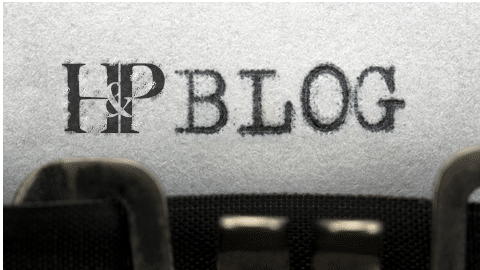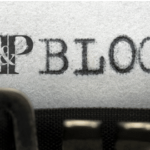Sleep, the natural periodic suspension of consciousness during which the powers of the body are restored. Research continues to reveal how and why sleep is equally essential to human survival as food, water, and oxygen. The quantity, and quality, of sleeping have profound implications on our health and inadequate sleep may cause serious maladies – both physically and emotionally. What happens while sleeping that is so important?
There are numerous phases of sleep and each is vital to overall health because our mind and body performs fundamental restorative functions including memory consolidation, hormonal regulation and even muscle repair. However, crucial functions do not take place until the later stages of sleep when Rapid Eye Movement or REM occurs. This coincides with the National Sleep Foundation reporting sleep durations of four to five hours may cause negative physiological consequences. How much sleep is required to maintain healthy mind and body?
The National Sleep Foundation recommends seven to nine hours of sleep per night for adults, although most Veterans know all too well sleep has held low priority within the military. For decades, military regulations allowed for as little as four hours of sleep per day – absurdly insufficient considering the extraordinary amount of occupational stress, particularly during combat operations. However, military personnel are oftentimes lucky to sleep for even four hours and frequently get less rest despite regulations. How does sleep deprivation interrelate with PTSD?
First, remember two major symptoms of PTSD are reliving the event and hyper-arousal. These symptoms involve memory consolidation and stress hormones related to our “fight or flight” instinct – specifically cortisol, epinephrine and norepinephrine. Abnormal memory consolidation causes similar but non-dangerous stimuli to trigger reliving stressful events, whereas hyper-arousal results from irregular levels of cortisol, epinephrine and norepinephrine. These two underlying biological processes, memory and hormonal activity, are regulated with healthy sleep cycles and become dysfunctional when sleep deprived. So, which occurs first – PTSD or sleeping disorders?
We know PTSD results after experiencing traumatic events, and PTSD sufferers frequently experience various sleep disorder symptoms such as nightmares, difficulty falling asleep or insomnia. However, studies show sleep deprivation, as well as being a symptom, actually contributes to developing PTSD and have identified “sleep therapy” as beneficial during clinical treatment. Consequently, in 2011 the US Army acknowledged that sleep deprivation leaves personnel susceptible to judgmental errors and mental illnesses and subsequently revised regulations requiring seven to eight hours sleep time for service members.
VA does not recognize most Veterans, including me, as qualified medical professionals capable of diagnosing conditions. However, every Veteran is fully qualified to report individual circumstances and symptoms of their disabilities. If applying for PTSD benefits, you should read about the paradigm shift regarding military sleep requirements and know that sleep disorders are not just symptoms of PTSD, they also contribute to developing this condition. Be sure to discuss the quantity, and quality, of your sleep during military service when receiving treatment and/or attending C&P examinations.



